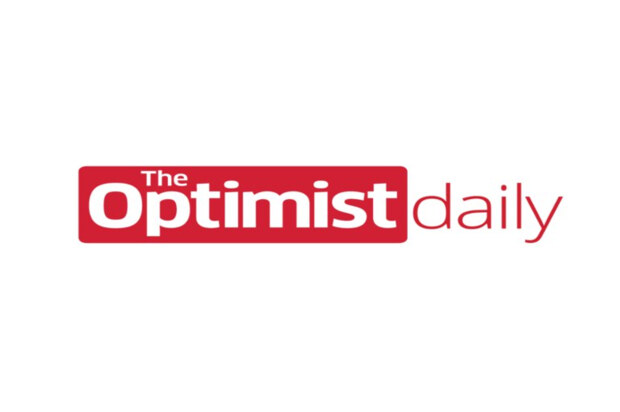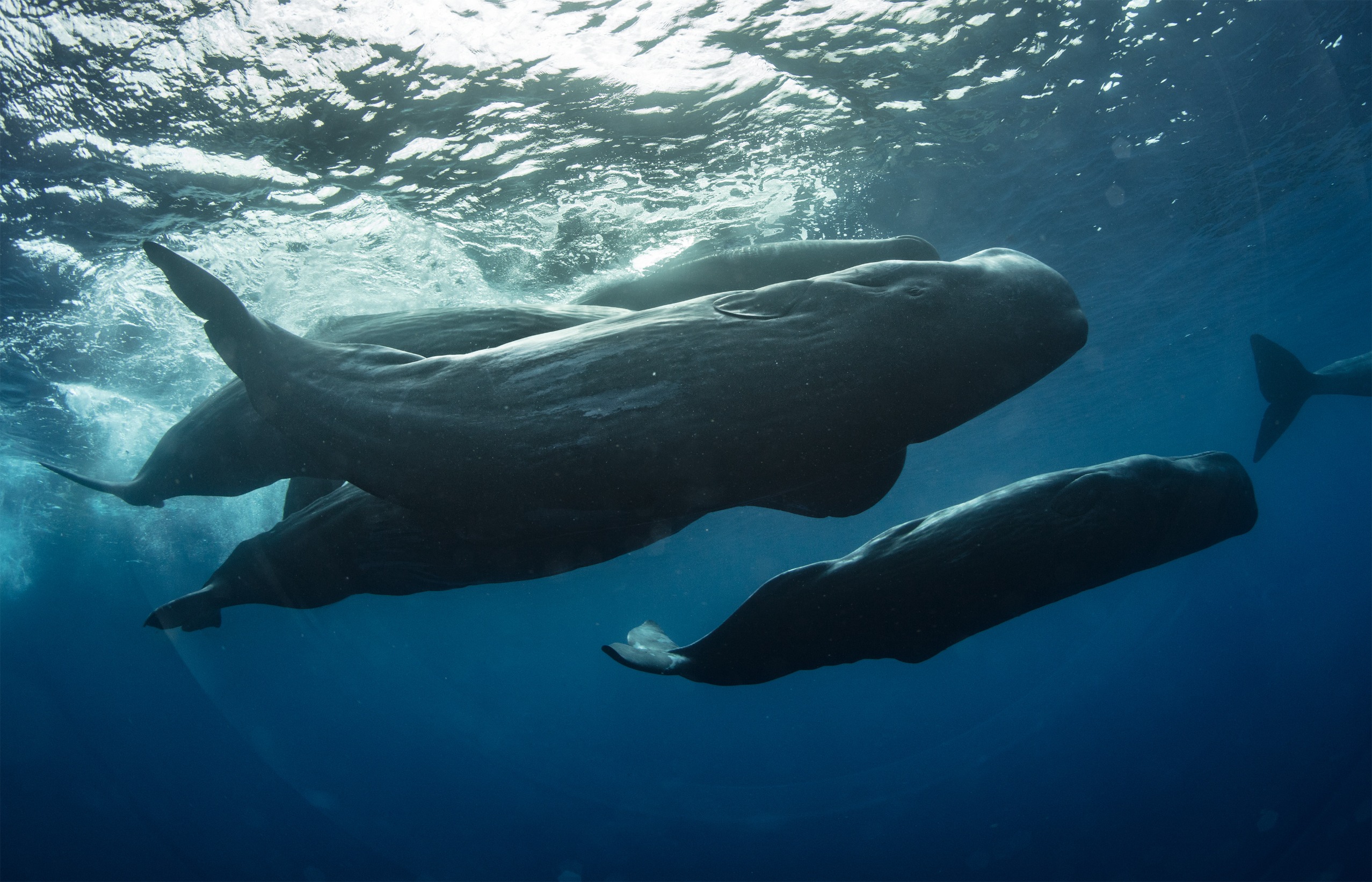Selling milk can be a pretty shady business. In 25 states, selling raw milk for human consumption is illegal. But savvy farmers like Andy Walton, owner of Lake View Farm in Halsey, Oregon, have navigated the no-sale law by starting a “cowshare program.” This is how it works: Walton drafted a contract with 50 people who like to drink raw milk. They “bought” part of his herd and pay the farmer to care for the animals and store the milk. So Walton doesn’t sell the milk but gives it to the rightful owner.
Many states outlaw the sale of raw milk because it doesn’t undergo pasteurization, a heating process that kills harmful pathogens. According to the Center for Disease Control (CDC), raw milk can be contaminated with Escherichia coli or Salmonella, bacteria that can cause serious illness.Michael Brown, a dairy economist at Glanbia Foods, the largest producer of American-style cheese in the U.S.,says he’s not comfortable with people drinking raw milk. “I was raised on the stuff, but it’s sort of like going to Mexico and drinking the water. The probability of illness is so high; why risk it?” Brown says.
But advocates like Watson argue that people have been drinking raw milk for 10,000 years, and when it’s processed in a sanitary manner, it’s a safe, nutrient-dense, medicinal food. According to a 2011 study published by the American Academy of Allergy, Asthma & Immunology, raw milk may even reduce allergies and childhood asthma because it contains whey proteins not present in pasteurized milk.
The CDC reports that 3.5 percent of the American population drinks raw milk weekly. And Pete Kennedy, president of the Farm-to-Consumer Legal Defense Fund, says demand is on the rise. According to University of Wisconsin-Madison’s Department of Community and Environmental Sociology, that’s because more people have found the health benefits of raw milk to be worth the risks. Last year, close to 20 raw milk bills were introduced across the country and all but two of them would expand access to or legalize raw milk.
In states where selling raw milk is illegal, Kennedy says it’s tough to determine how many cowshares exist, but he estimates that there are at least a few hundred and possibly over 1,000 in the U.S. Gina Robinson, a sixth-generation dairy farmer, runs a cowshare on her farm in Boonville, Indiana. Robinson drafted her contract with help from Carl Little, an attorney who advises small-scale farmers. “It was hard to find the right words to adapt the contract to our farm. I felt like we proofed in every direction,” Robinson says. Robinson’s cowshare contract is nine pages long, to ensure consumers understand the risks and agree not to sue each other.
Walton from Oregon has already had a cowshare for 20 years, and his business is running smoothly. Still, Walton doesn’t want to draw attention to it because he knows the state doesn’t support raw milk. “We try to fly under the radar. There is information on the website, but we don’t make a big splash. We’d probably do more if there was not such a stigma, but so far it’s working well.”
Photo: flickr.com/photos/airmanmagazine/












